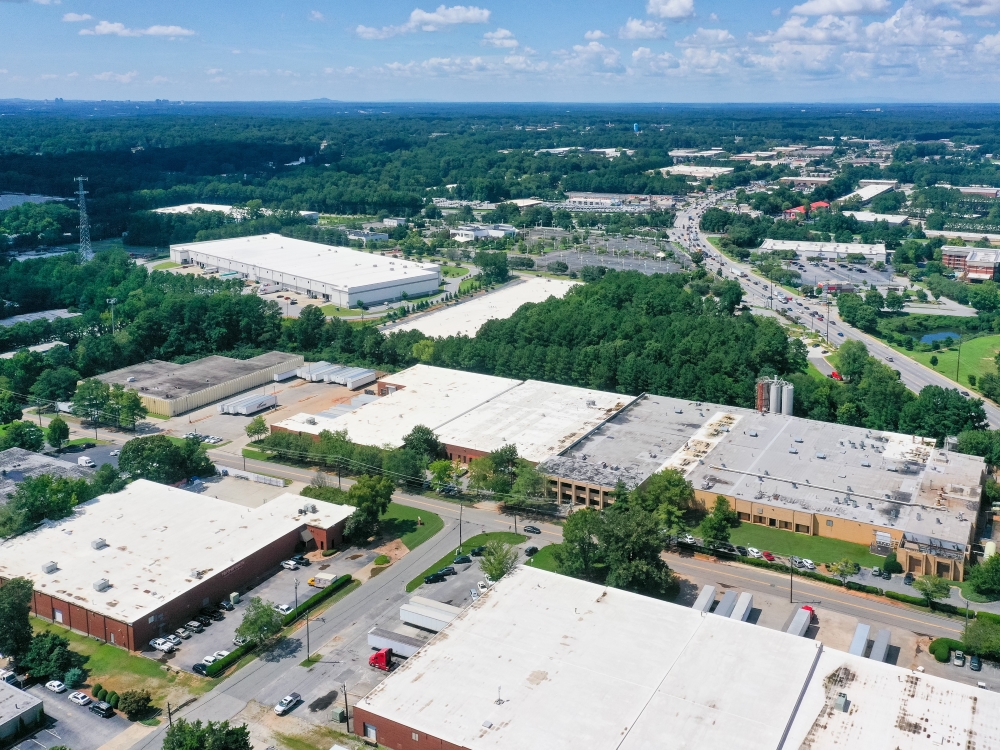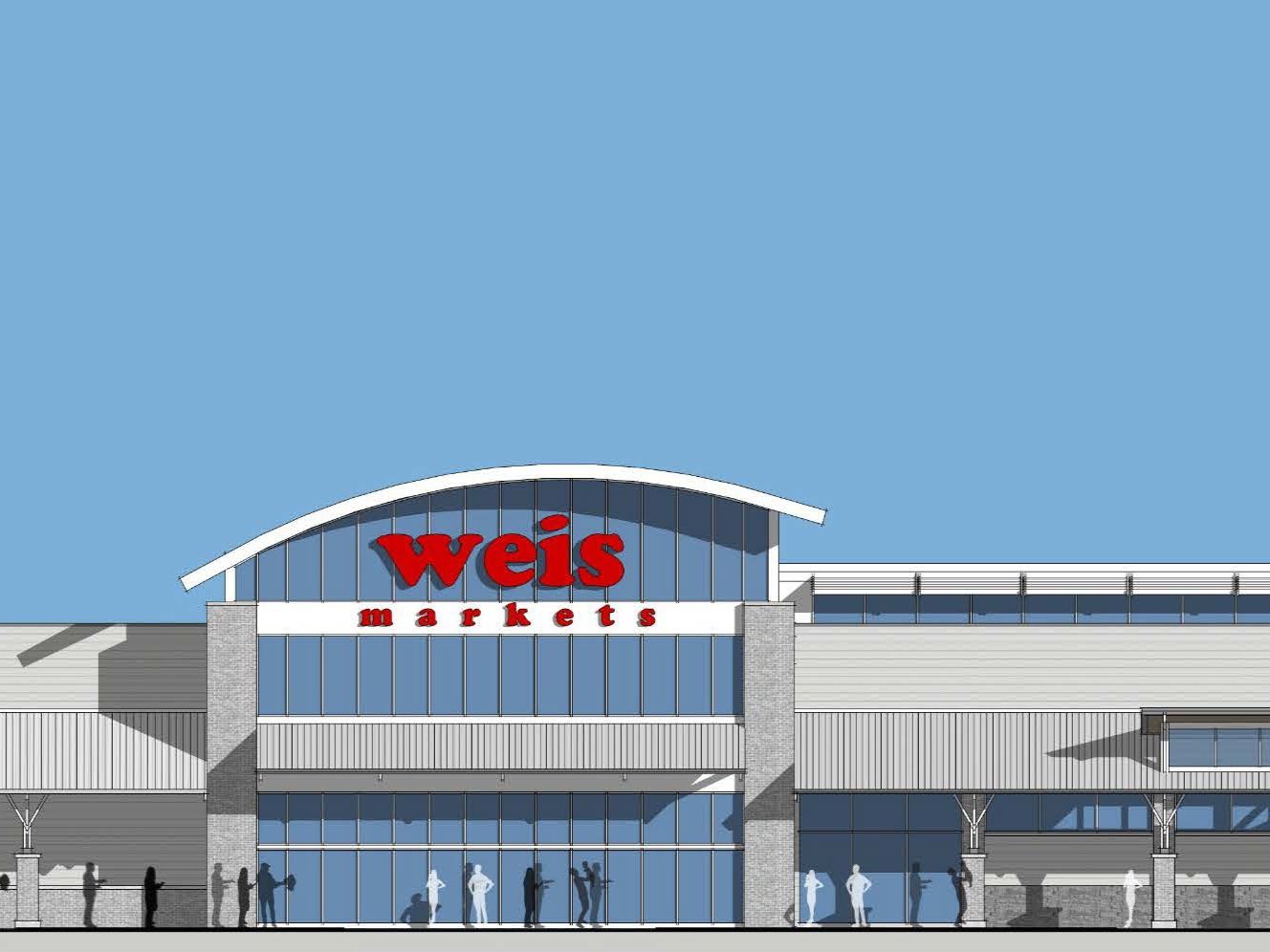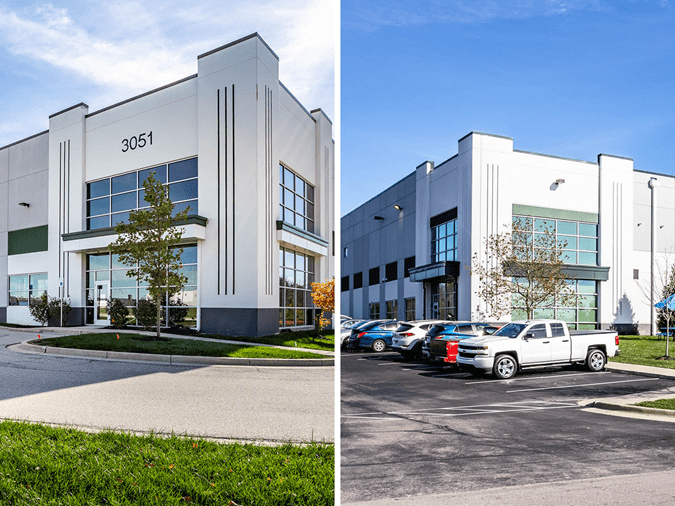Yardi Matrix: Houston Hits the Brakes
Traditionally an energy-driven market, Houston is trying to reshape its economy as the drop in oil prices has decimated job growth in some segments and put a damper on the housing market.
Traditionally an energy-driven market, Houston is trying to reshape its economy as the drop in oil prices has decimated job growth in some segments and put a damper on the housing market. There are pockets of progress, though. The metro’s first-rate health-care system, growing hospitality sector and international investment are starting to gain momentum.
Oil prices are expected to bounce back and already topped $50 in mid-October, but the energy sector is in need of consolidation and innovation to strengthen its competitiveness. Known as a global business hub, Houston has the busiest port in Texas. With an economic impact of more than $250 billion annually, international trade remains an important economic driver. Houston also continues to improve its health-care system by adding skilled workforce and investing in well-equipped hospitals, as well as medical research.
Demand for multifamily is still fairly strong, driven by healthy population growth and job increases in better-performing employment sectors. However, as employment stalls in high-paying fields such as energy, renters are shifting from luxury apartments to more affordable options. The heavy amount of new supply in the works—more than 20,000 new units are slated to come online in 2016—is creating further headaches for apartment owners. Rent growth has flattened, and we see little prospect for growth anytime soon.








You must be logged in to post a comment.